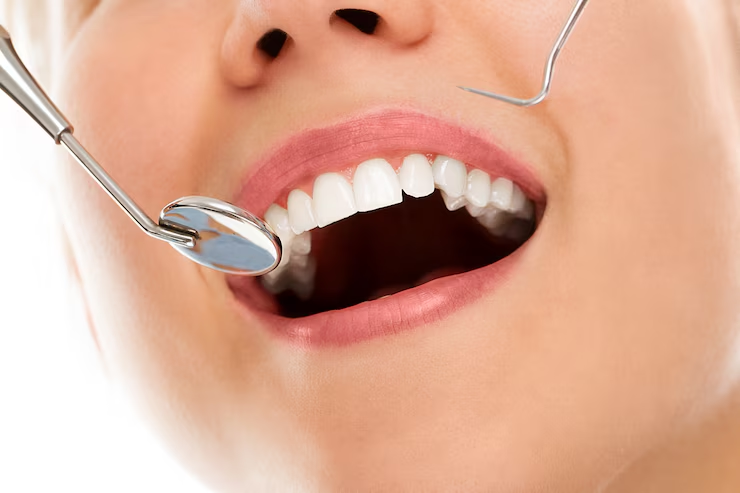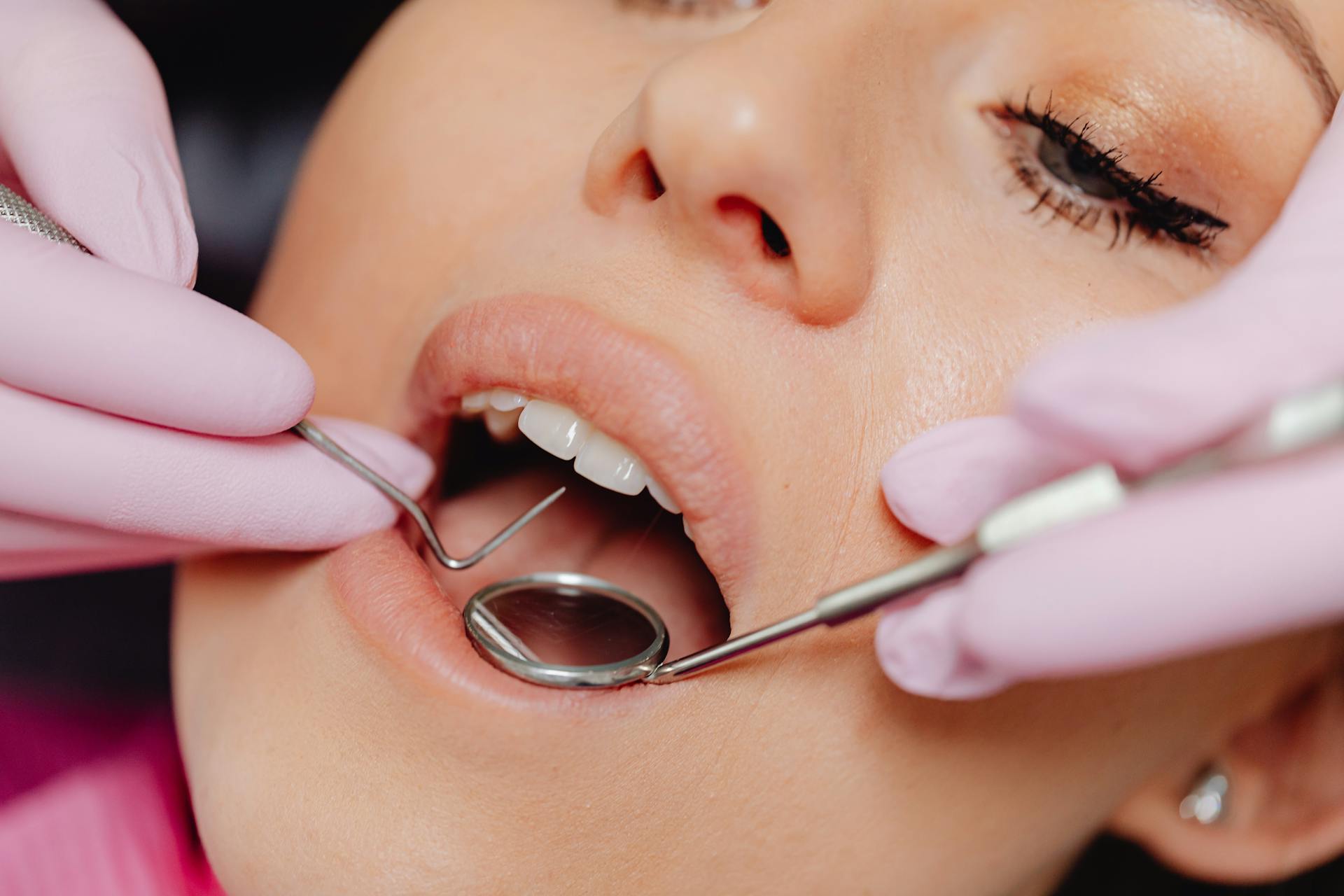Dental Health
A Healthy, Beautiful Smile Begins with Knowing How to Care for Your Teeth.
Visiting your dentist to enhance your smile can boost your attractiveness and well-being. Dr. Jas Grewal, a general dentist and certified orthodontic services provider, offers a full range of treatments to help you achieve your best smile.
1000 +

Oral Health
The Burden of Oral Disease
Tooth decay (cavities) is a common but preventable issue affecting people of all ages. In children, untreated cavities can lead to pain, difficulty concentrating, school absences, and poor appearance, significantly impacting their quality of life and ability to succeed. Children from lower-income families are often at greater risk, as they may not receive timely treatment. Tooth decay is also prevalent among adults, with some racial and ethnic groups experiencing higher rates of untreated cavities.
Periodontal (gum) disease is an infection caused by bacteria that invade the gum tissue, leading to the destruction of gums and bone. This can cause teeth to become loose, make chewing difficult, and may eventually require tooth extraction. Gum disease has also been linked to other health issues; recent studies associate oral infections with diabetes, heart disease, stroke, and premature, low-weight births. Ongoing research continues to explore these connections.
Oral Health Problems Are Preventable, Common, and Painful
Advanced gum disease affects 4%–12% of U.S. adults. Half of the cases of severe gum disease in the United States are the result of cigarette smoking. The prevalence of gum disease is three times higher among smokers than among people who have never smoked. One-fourth of U.S. adults aged 65 or older have lost all their teeth. More than 7,800 people, mostly older Americans, die from oral and pharyngeal cancers each year. This year, about 36,500 new cases of oral cancer will be diagnosed.
Click on links for additional information on oral health, disease, and prevention.
http://www.nidcr.nih.gov/oralhealth
http://www.webmd.com/oral-health/default.htm
